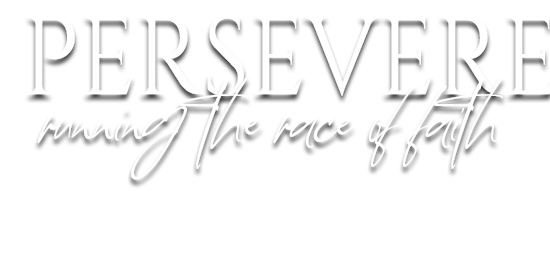King Nebuchadnezzar… boy, do I want to talk to him when I get to heaven! That is, if he’s there? The book of Daniel does say that after he was humbled, the Greatest King of Babylon proclaimed…
“Now I, Nebuchadnezzar, praise and glorify and honor the King of heaven. All his acts are just and true, and he is able to humble the proud.” Daniel 4:37
I speak from experience when I tell you that one of the hardest lessons to learn is that God is sovereign. This guy, this king… he was a tyrant. He thought of himself as God. He was so full of himself, he built a gold statue that represented him, and he expected everyone to bow before it and worship! We’re going to get into more of the details of the conceited things King Nebby did, and what happened as a result of his self-proclaimed majesty and deity. But first, we need to get a good mind picture of what this king was indeed all about.
King Nebby was known to be a great builder of cities. Many foreign leaders were used by God to accomplish His plan, and this king was no exception. He had many victories, but he was accomplishing God’s purposes. It’s when Nebby became extremely proud… He was humbled by a bout of insanity (we will definitely dig deeper into this). But my Bible Commentary says he tended to “forget” the demonstrations of God’s power he had witnessed.
When the Babylonians conquered Israel, God allowed them to deport the best young Jewish leaders as his palace servants, and placed him close to a young boy named Daniel. First, Nebuchadnezzar had a dream about the gold statue he erected, and Daniel interpreted that dream. The dream was very confusing and frightening to the king. This dream was prophetic, it told of the different ruling empires of the world. I will dig further into that dream tomorrow. But for now, we’ll keep on looking at King Nebby’s character. Let’s pick up in Daniel chapter 3…
“King Nebuchadnezzar made a gold statue ninety feet tall and nine feet wide and set it up on the plain of Dura in the province of Babylon.” Daniel 3: 1
“Then a herald shouted out, ’People of all races and nations and languages, listen to the king’s command! When you hear the sound of the horn, flute, zither, lyre, harp, pipes, and other musical instruments, bow to the ground to worship King Nebuchadnezzar’s gold statue. Anyone who refuses to obey will immediately be thrown into a blazing furnace.” Daniel 3: 5-6
At the sound of the instruments everyone bowed down, except three of the young Jews: Shadrach, Meshach, and Abednego. The Bible says because of them not obeying, old King Nebby flew into a rage and ordered the young Jewish boys to be brought before him. The king told them that he would give them one more chance to bow down and worship the statue, but if they refused this time…they would be thrown into the blazing furnace. So their reply was…
“If we are thrown into the blazing furnace, the God whom we serve is able to save us. He will rescue us from your power, Your Majesty. But even if he doesn’t, we want to make it clear to you, Your Majesty, that we will never serve your gods or worship the gold statue you have set up.” Daniel 3: 17-18
King Nebby was furious! He commanded the furnace be heated seven times hotter than usual, and he ordered some of his strongest soldiers to tie the three boys up, and throw them into the furnace. Well, they threw the boys in. Because the fire was so hot, some of the soldiers were killed by the flames!
“Look!’ Nebuchadnezzar shouted, ‘I see four men, unbound, walking around in the fire unharmed! And the fourth looks like a god!” Daniel 3:25
It was obvious to those watching that this fourth person was supernatural. We can’t be certain who the fourth man was. It could have been an angel, or it could have been Jesus Christ Himself! In either case, God sent a heavenly visitor to accompany these faithful boys during their time of great trial. Not a hair on their heads were singed, and their clothing was not scorched. They didn’t even smell of smoke!
“Then Nebuchadnezzar said, ‘Praise to the God of Shadrach, Meshach, and Abednego! He sent his angel to rescue his servants who trusted in him. Therefore I make this decree: If any people, whatever their race or nation or language, speak a word against the God of Shadrach, Meshach, and Abednego, they will be torn limb from limb, and their houses will be turned into heaps of rubble. There is no other God who can rescue like this!”
Now you would think that seeing this would be enough to put the fear of God into the king. But he was not making a commitment to serve the Hebrew’s God alone. Instead, he was only acknowledging that God is powerful, but he didn’t tell people to throw away all their other gods, but just to add this one to their lists. Again, the king tended to forget the demonstrations of God’s power he had witnessed, as we will see…
